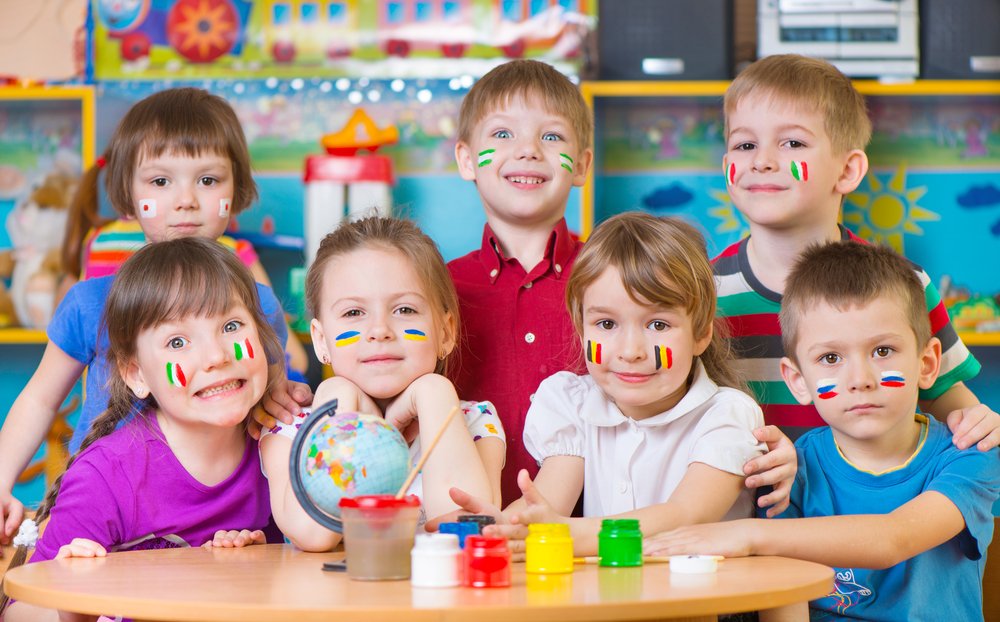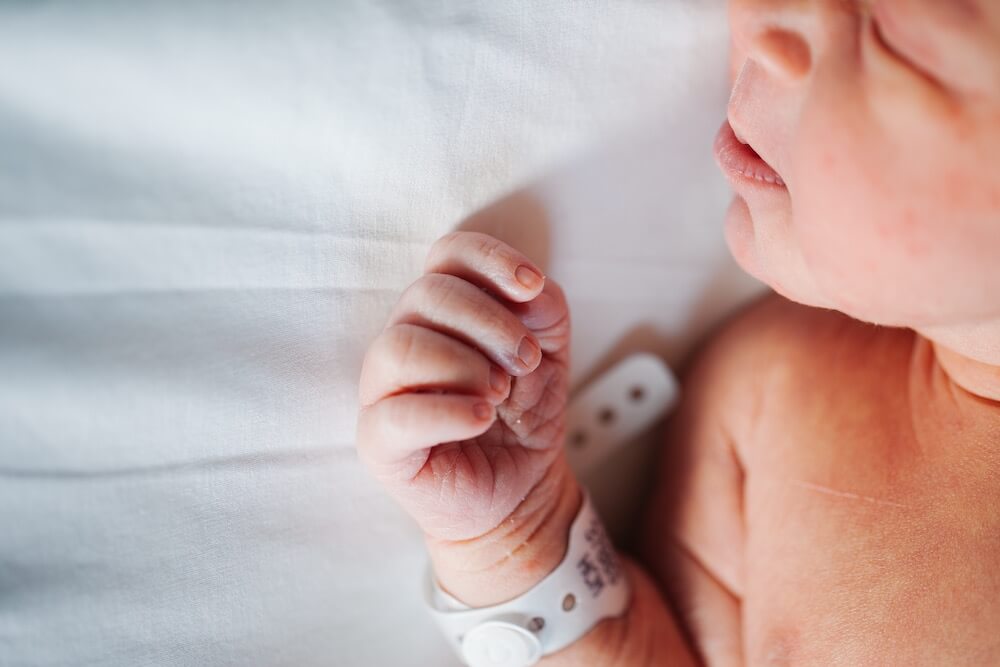Key points:
- Children can learn to speak more than one language at the same time, and being bilingual has many advantages such as having a broader vocabulary and better literacy skills.
- Some children may have a dominant language, which can change over time as they attend school or interact with different communities.
- Learning two languages does not hinder language development and most language milestones are met at the same time.
- Bilingual children may mix up grammar rules or use words from both languages in one sentence, but this is a normal part of being bilingual.
Children can learn to speak more than one language at the same time. Being bilingual has many advantages. These include having a broader vocabulary, having better literacy skills, being able to categorize words, being better at problem solving, and even listening to and connecting with others. Speaking two languages is just like learning any other skill. You need practice to master it!
Sometimes children can speak both languages with ease, or they may have one they know better: their dominant language. As time passes, the dominant language can switch. For example, it’s common for kids who speak one language at home to switch to the one they teach at school as their dominant language once they begin attending classes.
Some people believe that learning a second language could confuse their child, or hinder their language development. That is not the case at all! In fact, most language milestones are met at the same time when comparing children who learn one or two languages. Like other little ones, most bilingual children speak their first words by the time they turn one. By age two, they use two-word phrases.
When a child has a speech or language disorder, it shows up in both languages. They are not caused by learning another language, and they don’t make them worse either. It’s common for bilingual children to get grammar rules mixed up, or use words from both languages in one sentence. This is a normal part of being bilingual and it just means it’s harder for others to understand what they are saying.
If your child is learning two languages, be patient, make sure they get lots of practice, and be constant. You should speak to your little one in your dominant language, so that you can be a superb role model.









6 Responses
My boy (2,5 y/o) speaks Russian only at home as both parents do..but since he was born & lives in USA I see him getting frustrated when kids don’t understand him on play ground..We we’re hoping he will learn English when goes to preschool but now I can’t see how it’s possible when all kids & teachers wear masks at schools & day cares..how kids can learn second language not seeing mouth? It’s not many Russian speaking around where we live (but Spanish & English you can hear more) so I start teaching him some words myself & translate what others say to him..Hope I’m not gona pass him my accent & Hope he wound get confused..)
Hi dear Kindedu Team!
I’m from Romania but I live in Germany since 2011, my husband is german and we have 2 kids.
With my daughter (2 years and 10 months) I started to speak German from the beginning because I thought she might be having issues later in the Kindergarden.
But now I know kids can absorb so much in the first years, however it’s quite difficult for me to switch from German to Romanian …
Nevertheless, with my son (1 year and 6 months) I only speak Romanian and I noticed that my daughter sometimes repeats after me words in Romanian, which somehow makes me happy. But my son still answers in German and then I wonder why?
I don’t want to worry to much but I hope my kids will still learn both languages.
I also have to say that we live in the same house with the German grandma and grandpa. Therefore, for me is a bit difficult to keep speaking Romanian but I know I have to be constant and not give up.
It’s great to read your newsletters!
Thank you so much!
Hi Mihaela, thanks so much for your comment. We love hearing about your own experiences. Sometimes children can speak both languages with ease, or they may have one they know better: their dominant language. As time passes, the dominant language can switch, maybe at the time their dominant language is German, and this is why your son answers back in German, but don’t worry, keep using Romanian when talking to them, and try to have a few moments with them where they can practice pronouncing some Romanian words. Every child is different and their bilingual process can develop differently from one child to another. Keep it up! And you’ll see how beneficial it can be.
Hi Mihaela,
We are also an international couple. My mother tongue is French and my husband is from Switzerland. He speaks Swiss German. People were telling me that I will easily learn Swiss German and German with my kids. But once I had them ( twins) it was natural for me to speak French with them and not trying to speak German ( I was taking some lessons…). My husband speaking Swiss German with them. I noticed that one of my kids always replied to me in Swiss German. But I told him that I don’t understand what he was saying because I don’t speak Swiss German. At that time they were 1 year and half… Since then both really started to speak only French to me. It was easier and they really went from Swiss German to French and vice versa when we are all together without any problems.
Now they are 7 seven and they are in school. I really see that Swiss German/ German are becoming the dominant language because they speak in school with their friends, family and I am the only one speaking French with them.
I don’t really speak German so I will also speak French with them and they always answer in French too. They really speak good French and to maintain that, I read French book with them, they watch cartoons in French…
That is how I do… Not easy as I am the only French speaking person for them …
I’m an American living abroad in Japan so my son is growing up bilingual. It has been a journey. I read a lot about bilingualism as we were approaching the speech milestones but it has been fascinating to see it up close. One thing I have learned, just like everything else, there is a huge difference between individual children. My son never speaks Japanese with my partner and me other than a few choice phrases, so I just have to assume he’s speaking Japanese at his daycare (which is all Japanese). On the other hand, my American friend’s daughter speaks Japanese a lot and at an early age showed a strong preference toward using Japanese over English.
Hi Christine, thank you so much for your comment. We love hearing back from you guys, you enrich our content! Keep enjoying your time in Japan.